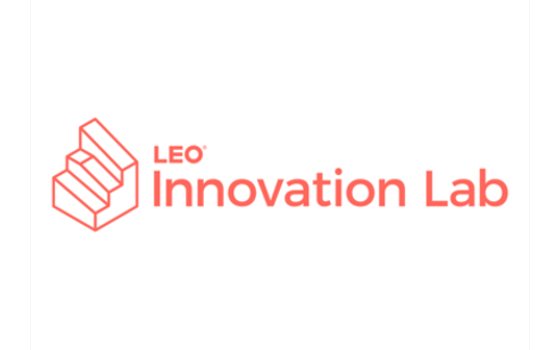 LEO Innovation Lab is proud to announce that our CEO Kristian Hart-Hansen has won the eyeforpharma Customer Innovator Award. Kristian has spearheaded the growth of the LEO Innovation Lab since it's conception in 2015 with just six team members, to a thriving incubator of over 80 people and 15 projects today. The lab was established by LEO Pharma as an independent initiative to focus on using digital innovation to help individuals manage chronic skin conditions.
LEO Innovation Lab is proud to announce that our CEO Kristian Hart-Hansen has won the eyeforpharma Customer Innovator Award. Kristian has spearheaded the growth of the LEO Innovation Lab since it's conception in 2015 with just six team members, to a thriving incubator of over 80 people and 15 projects today. The lab was established by LEO Pharma as an independent initiative to focus on using digital innovation to help individuals manage chronic skin conditions.
The eyeforpharma awards celebrate innovative approaches to driving value for patients in the pharmaceutical industry, and aim to shine a light on individuals that are striving for long-term results. The awards' vision is "to make the pharmaceutical industry more open and valued… and to shine a light on where pharma does well, to inspire others into similar or better action". Moreover, the eyeforpharma Awards celebrate "those who aren't just chasing higher short-term profits, but who are investing in better customer innovation, value and outcomes leading to longer-term success."
The LEO Innovation Lab was born out of the desire to create a patient-focussed approach to managing chronic skin conditions. The lab aims to grow digital solutions for people living with psoriasis or other chronic skin conditionsand bring them to market. Nurturing digital innovation in an agile start-up environment has led to some groundbreaking success stories, including eyeforpharma finalists TREAT, the nutrition coaching service for sufferers of chronic skin conditions, and PsoHappy, creator of the world’s first study on happiness and psoriasis.
Kristian has built up an international team from a wide range of disciplines to better understand the digital behaviour of psoriasis patients and how to meet their needs. Under his leadership, the LEO Innovation Lab team has grown into a unique growth setup, with a flat management hierarchy and a progressive approach to resource allocation. This ensures that the patient's needs can be easily prioritised and valuable insights are being surfaced every day.
"I'm thrilled to be accepting this award on behalf of the LEO Innovation Lab team. Since we began, we've done our best to build a streamlined working model that focusses on understanding more about the patients we're trying to help. I truly believe the things we're learning will be beneficial not only for our own projects, but to the pharmaceutical industry as a whole as time goes on. TREAT and PsoHappy are just two examples of what the LEO Innovation Lab can do, and I look forward to introducing more groundbreaking projects very soon," mentioned Kristian Hart-Hansen, CEO, LEO Innovation Lab.
For further information, please visit:
https://leoinnovationlab.com
About LEO Innovation Lab
LEO Innovation Lab is an organisation which, instead of developing pharmaceutical treatments, looks at all the aspects of everyday life that can affect a person who has a skin condition and develops digital solutions to support them.
LEO Innovation Lab has been established as a separate entity by LEO Pharma as part of a long-term strategic decision to focus on patient needs.
As LEO Pharma is owned entirely by the LEO Foundation and has no shareholders, its profits are reinvested in developing new solutions to support the overall mission: To help people achieve healthy skin. This unique ownership structure has made it possible to establish LEO Innovation Lab with a goal of making a difference to people living with a skin condition.
About eyeforpharma
Our mission is to make pharma more open and valued. The ultimate driver for the pharmaceutical industry’s health is meeting the needs of patients, otherwise it will cease to matter. For healthcare to be as good as it could be, the strength, skills and resources of our industry need to be fully integrated into health outcomes and we need pharma experience at the decision-making table. We believe the industry must focus on a business model combining service with product, with patients at the center.